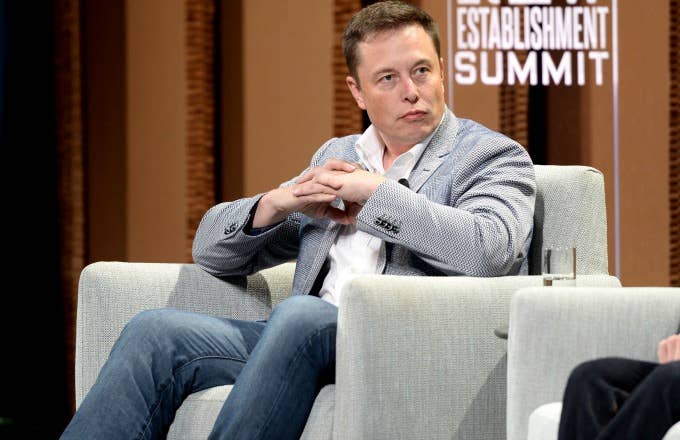
The killer robot community took another blow Sunday, this time at the hands of Tesla CEO Elon Musk and other leading artificial intelligence experts. Musk and others sounded the alarm on autonomous weaponry in an open letter to the United Nations, the Guardian reported.
The letter, signed by 116 experts from 26 countries, seeks a halt to the killer robotics arms race that may lead to the "third revolution" in warfare.
"Once developed, they will permit armed conflict to be fought at a scale greater than ever, and at timescales faster than humans can comprehend," the letter says. "These can be weapons of terror, weapons that despots and terrorists use against innocent populations, and weapons hacked to behave in undesirable ways. We do not have long to act. Once this Pandora's box is opened, it will be hard to close. We therefore implore the High Contracting Parties to find a way to protect us all from these dangers."
Full-blown versions of the weapons in question, widely referred to as "killer robots," have been inching closer and closer to reality in recent years. The United Nations recently voted to initiate formal discussions on weapons ranging from drones to automated machine guns, prompting the open letter. Though some argue that AI-operated weaponry could make war safer for the military, others—including Musk and the letter's signees—argue that the technology could just as easily be used in a manner that would result in a higher number of casualties.
In a press release accompanying Sunday’s letter, the Faculty of Engineering at UNSW Sydney note that this marked the first time that AI and robotics companies have taken a joint stance on the lethal autonomous weapons issue. Prior to Sunday's letter, Canada's Clearpath Robotics had been the only company to call for a formal ban on their use.
Musk has frequently spoken out on the potential dangers of AI. Back in 2014, Musk said AI was "probably" humankind's "biggest existential threat."

